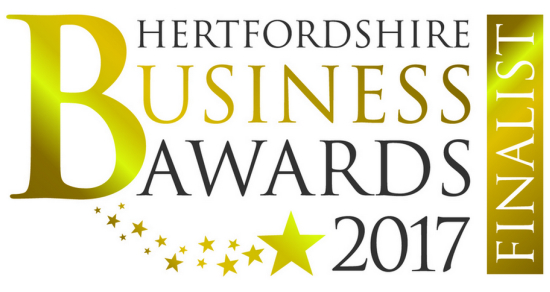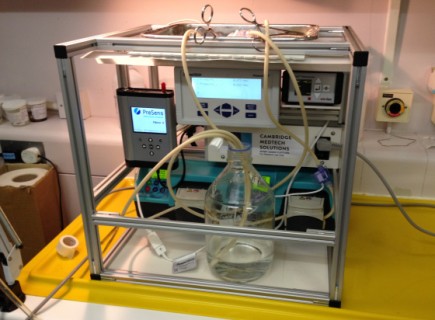Regener8 Annual Conference 2013: Translating Regenerative Therapies to a Global Market
October 16, 2013
On 10th October 2013, delegates gathered at the Royal Armouries in Leeds, UK, for the Regener8 Annual Conference 2013.
Delegates heard from internationally-respected RegenMed experts who shared insight and best practice in the latest regenerative medicine research and discussed the challenges and opportunities in progressing regenerative therapies into the clinic. Keynote speakers were:
- Michael May
 , Chief Executive of the Centre for Commercialization of Regenerative Medicine (CCRM), Canada
, Chief Executive of the Centre for Commercialization of Regenerative Medicine (CCRM), Canada - Tim Allsopp
 , Head of External Research, Pfizer Neusentis
, Head of External Research, Pfizer Neusentis - Dietmar Hutmacher
 , QUT Chair in Regenerative Medicine, Queensland University of Technology, Australia
, QUT Chair in Regenerative Medicine, Queensland University of Technology, Australia
There were also presentations about commercialising regenerative therapies from the perspectives of different sized companies, followed by a panel discussion involving:
- Paul Kemp
 , CEO and CSO, Intercytex Ltd
, CEO and CSO, Intercytex Ltd - Michal Slomczykowski
 , Medical Director, Geistlich Pharma AG, Switzerland
, Medical Director, Geistlich Pharma AG, Switzerland - Jim Faulkner
 , VP, CMC and Supply, Rare Disease Unit, GlaxoSmithKline
, VP, CMC and Supply, Rare Disease Unit, GlaxoSmithKline
There was a lot of discussion about the commercial challenges, including reimbursement approval, and evidently a lot more work needs to be done to significantly reduce the high cost of goods for the majority of products in the RegenMed pipeline. This includes the ‘lower cost’ therapies.
It is essential that product and process engineers / developers need to be involved from an earlier stage to contribute to the therapy development, including the Target Product Profile (TPP) and how it will be delivered.
Before the industry achieves critical mass, we would suggest that it is in all our interests to engage in pre-competitive collaboration in the development of a range of delivery devices and enabling technologies. This will reduce costs, and allow focus on the core therapies.
Development of these devices and systems will require experienced clinical, scientific and engineering skill sets, along with inputs from regulatory, risk management, human factors and manufacturing, amongst others.
Suggested further reading, or email us to request a copy:
- Product Development for Regenerative Medicine – why too early is better than too late (regen, Sept 2012)
- Regen Med Success Hinges on Engineering (GEN, Nov 2011)
- Engineering Regenerative Medicine’s Future (GEN, Sept 2011)


